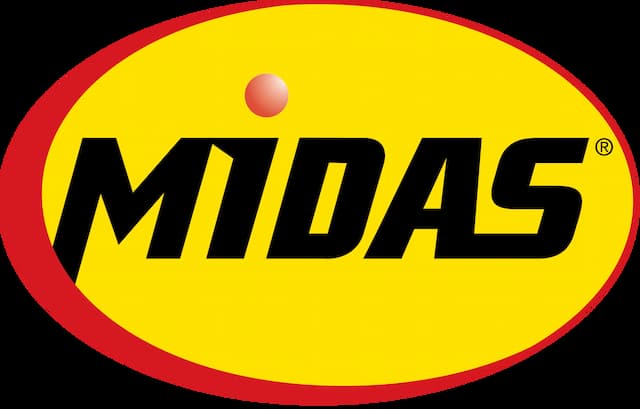Definitions starting with R
R-134
R-134 is a refrigerant that replaced Freon in air conditioning systems after Freon was banned for its effect on ozone.
Radiator
The radiator eliminates heat from the engine of your car by transferring it from the hot coolant to the air blown by the fan through the radiator tubes. Common problems with the radiator include leaks and internal obstructions.
Radiator Core
The radiator core helps to transfer heat to the cooling fan through rows of aluminium or copper tubes and fins.
Radiator Hoses
The radiator hoses connect the radiator to the engine and the water pump. These hoses can crack and start leaking from wear and tear.
Rear Brakes
Rear brakes help to stop or slow down your car. Rear brakes are usually drum brakes, which use a brake shoe to apply friction to a drum. Although drum brakes consist of more parts and are more difficult to service, they are relatively inexpensive to manufacture and are typically found on larger vehicles.
Rear Defroster
There are two types of rear defrosters for windows. The first is a series of thin elements that look like lines across the rear window, and the second type blows hot air against the window.
Rear Wheel Drive
A rear wheel drive system distributes the force of the car more evenly over all four wheels, letting each tyre wear more evenly. A rear wheel drive also has better acceleration and braking capabilities than front wheel drive. A rear wheel drive car lets the front wheels steer while the rear wheels push.
Reservoir
A reservoir is a receptacle that holds liquid until it is needed, like the coolant reservoir that feeds into the radiator.
Revolutions Per Minute (RPM)
RPM is used to measure the engine output. Anywhere between 1,000 – 5,000 RPM is standard output for acceleration and everyday driving. Above 5,000 RPM can put stress on your engine, and below 800 RPM indicates your engine is idling.
Table of content
Policies & Resources
Table of content
Dictionary
Become an expert on all things motoring! This dictionary of terms and phrases will help you understand exactly what things are, what gets done and why.
Definitions starting with R
R-134
R-134 is a refrigerant that replaced Freon in air conditioning systems after Freon was banned for its effect on ozone.
Radiator
The radiator eliminates heat from the engine of your car by transferring it from the hot coolant to the air blown by the fan through the radiator tubes. Common problems with the radiator include leaks and internal obstructions.
Radiator Core
The radiator core helps to transfer heat to the cooling fan through rows of aluminium or copper tubes and fins.
Radiator Hoses
The radiator hoses connect the radiator to the engine and the water pump. These hoses can crack and start leaking from wear and tear.
Rear Brakes
Rear brakes help to stop or slow down your car. Rear brakes are usually drum brakes, which use a brake shoe to apply friction to a drum. Although drum brakes consist of more parts and are more difficult to service, they are relatively inexpensive to manufacture and are typically found on larger vehicles.
Rear Defroster
There are two types of rear defrosters for windows. The first is a series of thin elements that look like lines across the rear window, and the second type blows hot air against the window.
Rear Wheel Drive
A rear wheel drive system distributes the force of the car more evenly over all four wheels, letting each tyre wear more evenly. A rear wheel drive also has better acceleration and braking capabilities than front wheel drive. A rear wheel drive car lets the front wheels steer while the rear wheels push.
Reservoir
A reservoir is a receptacle that holds liquid until it is needed, like the coolant reservoir that feeds into the radiator.
Revolutions Per Minute (RPM)
RPM is used to measure the engine output. Anywhere between 1,000 – 5,000 RPM is standard output for acceleration and everyday driving. Above 5,000 RPM can put stress on your engine, and below 800 RPM indicates your engine is idling.
